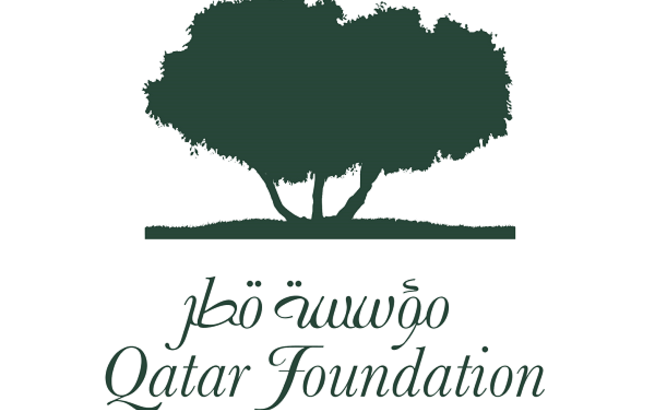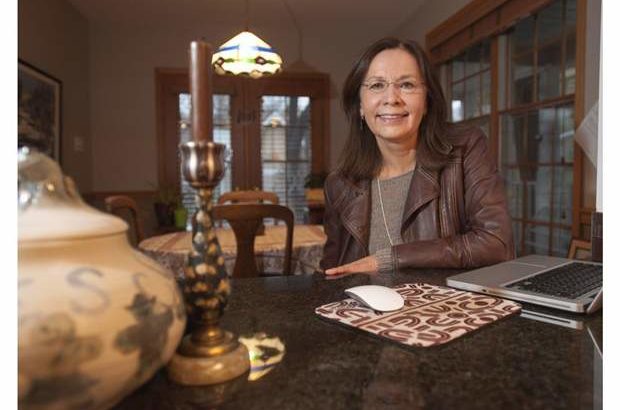Germany/ September 19, 2017/ Source: https://www.albawaba.com
The Qatari Ambassador to the Federal Republic of Germany, H.E. Sheikh Saoud bin Abdulrahman Al Thani, hosted the WISE Prize for Education Jury for its final deliberations meeting at the Arab Culture House, Villa Cale, in Berlin recently.
The WISE Prize for Education Laureate will be publicly announced and introduced at the World Innovation Summit for Education 2017, which is taking place in Doha from November 14-16. The Prize is the premier recognition of an individual or team for outstanding, life-long achievement in any field of education. The Laureate(s) receive the specially designed WISE Prize for Education gold medal, and an award of US$500,000.
The WISE Prize for Education Jury deliberations in Berlin come within the context of the 2017 Germany-Qatar Year of Culture, which has featured a wide range of exchange programs focusing on the arts, education, culture, and sports. The goal of the initiative has been to strengthen ties between the two countries, providing opportunities for discussions on issues of concern to both countries.
H.E. the Qatari Ambassador, the WISE Prize Jury, members of the WISE team, and guests were also honored at a high-level roundtable discussion on today’s global education challenges at the Bundestag – Germany’s federal parliament. Mr. Jürgen Klimke, a member of the Bundestag representing Hamburg, hosted the gathering.
At the Bundestag, Mr. Klimke welcomed the guests and spoke briefly of his involvement in exchanges with the MENA region, particularly within the context of the 2017 Germany-Qatar Year of Culture. He noted his interest in education challenges facing his country, and Germany’s role in supporting education causes globally.
H.E. Sheikh Saoud bin Abdulrahman Al Thani also addressed the roundtable, welcoming the WISE Prize Jury and noting the strong ties between Qatar and Germany as indicated by the several high-level visits and meaningful exchanges over recent years.
Mr. Stavros N. Yiannouka, CEO, WISE, a member of Qatar Foundation for Education, Science and Community Development (QF), outlined the work of WISE, including the WISE Prize for Education and other initiatives. He introduced the members of the WISE Prize for Education Jury, and launched the discussion on contemporary education priorities and challenges. The roundtable discussions ranged widely and included topics such as massive forced migration from conflict zones, uncertain labor markets, rapid technological change, and questions about the relevance of conventional education systems.
Commenting on the WISE Prize jury deliberations, Mr. Yiannouka remarked: “It’s a great honor to welcome the WISE Prize for Education Jury to Berlin for these important deliberations. Together they bring a deep understanding of education issues to the task of choosing the WISE Prize Laureate. Their collegial spirit of collaboration and consensus reflects the best values of the WISE Prize and for education leadership. Each one of our WISE Prize for Education Laureates are an inspiration for all who dedicate themselves to education as the best investment any society can make in its people.”
The members of the 2017 WISE Prize for Education Jury are: Dr. Jörg Dräger, Member of the Executive Board, Bertelsmann Foundation (Germany); Sheikha Hanadi bint Nasser bin Khaled Al Thani, Founder and Chairperson, Amwal (Qatar); Dr. Madhav Chavan, President, Pratham Education Foundation (India); and Ms. Vicky Colbert, Founder and Director, Fundación Escuela Nueva (Colombia). Mr. Yiannouka chaired the WISE Prize Jury deliberations.
Dr. Chavan and Ms. Colbert are themselves WISE Prize for Education Laureates.
Source:
https://www.albawaba.com/business/pr/wise-prize-education-jury-meets-berlin-1023220







 Users Today : 33
Users Today : 33 Total Users : 35460050
Total Users : 35460050 Views Today : 47
Views Today : 47 Total views : 3418678
Total views : 3418678